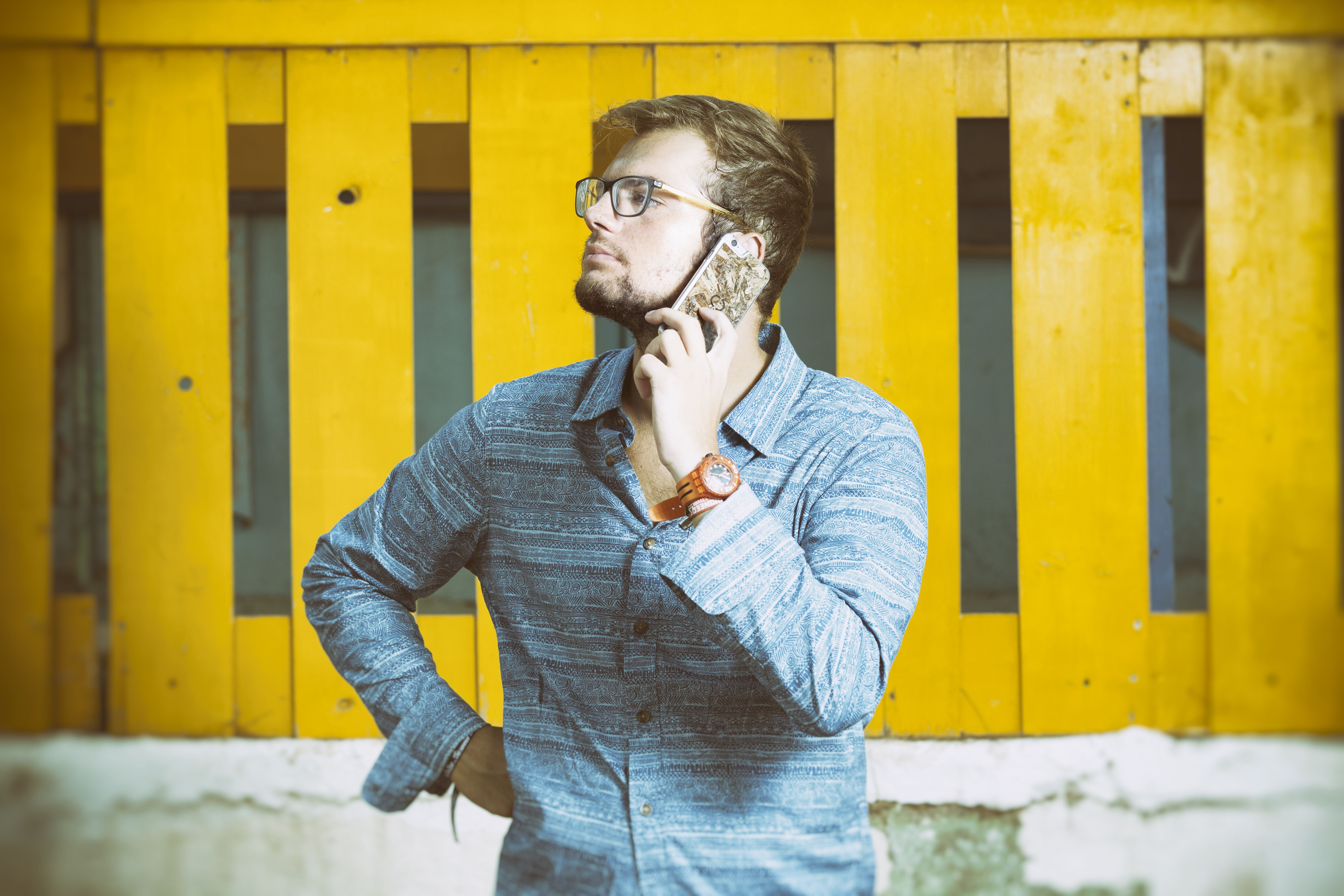A brave new world made of seaweed

By Evi Saltou
Ta Nea
Most people don’t think of seaweed as a particularly valuable
resource. However, a newly-found Greek company, “PHEE”, has
identified in seaweed a first class and innovative business
opportunity.
Approximately three years ago, at a conference on entrepreneurship,
Stavros Tsompanidis heard the founder of Coco-mat, Paul Efmorfidis,
say that seaweed is an asset for Greece. At that time, a large wave
of events and seminars to support young companies had begun;
something that interested the then 20-year old student of the
department of Banking and Financial Management at the University of
Piraeus. Tsompanidis wanted to test himself in the business world
and working with seaweed was the idea that he was looking for and
inspired him to take action. What would he do? “Revive” dead
seaweed.
For several months he carried out research to see how he could use
the dead leaves of the Posidonia oceanica seaweed that
washed up on the nation’s shore. This is a marine plant that lives
at a depth of 1–35 m (depending on the water clarity) in dense
fields or along channels in the Mediterranean sand. Its fronds
decompose prior to the winter season and the dead seaweed
accumulates along the 46,000 km Mediterranean coastline. The Greek
coastline spans 13,780 km, thus the dead seaweed that is washed up
on our beaches make up 28% of the total.
And he found it: He could process dead seaweed and transform it
into natural surfaces, from which recyclable products and
accessories could be derived – a worldwide innovation. This is how
“PHEE” was born. Young people with different educational
backgrounds and skills started working on the idea alongside
Stavros, who had the entrepreneurial vision, and almost from the
beginning engineer and aeronaut, Dr Nikolaos Athanasopoulos of the
University of Patras, co-founded the company with him as head of
research and development of the company, to focus on research in
the field of materials and specialisation in the development of
biosynthetic materials.
By talking to coastal municipalities, the members of the team
discovered that an average of 200–250 tonnes of seaweed is washed
up every year on the beaches of each region. “We realised that the
raw material is there, and actually in huge quantities. At the same
time, municipalities are spending a lot of money cleaning up
seaweed from the beaches and bury about 60–70% of it in sanitary
landfills, which has economic and environmental implications”,
explains Dr Athanasopoulos, who states that their company has a
significant environmental and social impact, as it helps to reduce
the volume of garbage and save public money: “We are something like
an anti-landfill.”
For the last eighteen months, the “PHEE” company has been operating
in the region of Achaia, where they have set up a small production
unit somewhere near the sea. “Coastal municipalities will supply us
with the dead seaweed. We are already working with municipal
authorities of Achaia so that they can provide us with the raw
material, as our company does not undertake the cleaning of the
beaches. We then process the raw material using a method we have
developed over the last two years. In the next stage and through a
process which is completely environmentally friendly, we produce
natural surfaces (panels) – the PHEE board – a product that is
protected by a patent in selected countries in Europe and America,”
mentions Stavros.
According to laboratory research, the company’s panel can be
considered to be a substitute for specific timber products (e.g.
MDF). And with regards to commercial applications? There is a
plethora of items that can be made from the panel of processed
seaweed: From everyday products and accessories to furniture and
thermal insulation panels.
In the middle of May, the company launched the Phee-case, the first
case for smartphones made of seaweed, which consumers can find in
selected shops in Greece and abroad as well through their on-line
shop. “Our goal was to make useful end products which have been
derived from a raw material which is considered by many people in
Greece to be solid waste and unfortunately ends up in landfills.”
So, how would you feel about wearing sandals made of seaweed or
protecting yourself from the sun with ... seaweed sunglasses? PHEE
is already designing and developing the next products to be made
with the PHEE-board.
A business idea with significant recognition
The innovative entrepreneurial vision, as well as the countless
hours of research, harvesting and processing seaweed that the team
spends in perfecting its product, seemed to bear fruit: In addition
to the patents that the newly-found company has registered with the
Hellenic Industrial Property Organisation, PHEE has excelled in
several competitions at home and abroad. The company even reached
the final stage of the European Social Innovation Competition in
2015, organised by the European Commission and in which 1,400
participants from 40 different countries participated.
How easy is it for a 23-year-old Greek businessman in 2016? Stavros
Tsompanidis says that, “if you have the right partners, nothing is
impossible. Persistence and patience are required to take on the
business risk. However, it is true that entrepreneurship in Greece
is not aided; there is a lack of tools to help young businessmen in
their first steps.”
